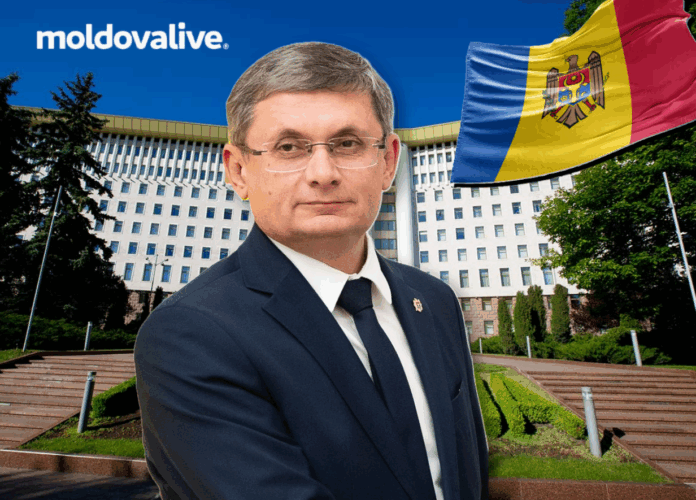During the EU Speakers Conference held in Budapest on 11–12 May, Speaker of the Moldovan Parliament Igor Grosu engaged in bilateral meetings with his counterparts from Italy, Denmark, Sweden, Slovakia, Montenegro, and other European states. Discussions centered on Moldova’s path toward EU accession, domestic challenges, and opportunities for deeper cooperation.
Grosu emphasized Moldova’s commitment to the European integration process, despite persistent internal and external challenges.
“We know that criminal groups will try again to influence the elections and divert us from our European path. Hence, it is crucial to have strong institutions, independent justice, a solid economy, and energy security,” Grosu stated.
FOR THE MOST IMPORTANT NEWS, FOLLOW US ON TWITTER!
Shared Experience and Support from EU Partners
Grosu underscored the importance of close cooperation with EU member states, especially in adopting best practices from countries that have successfully navigated the European accession process.
“Even though the road is difficult, we are determined to do everything possible to guarantee peace, safety, national stability, and economic development. The support and experience of member states are extremely valuable to us,” Grosu noted.
Major Progress in Relations with Italy
One of the key bilateral meetings took place with Lorenzo Fontana, President of the Chamber of Deputies of the Italian Parliament. Fontana confirmed that the Social Agreement between Moldova and Italy will be voted on soon. The agreement will offer essential social protections to Moldovans living in Italy, including retirement and disability pensions.
“It is a big step forward, which not only strengthens the sincere friendship between our countries but also acknowledges the enormous contribution of our diaspora,” said Fontana.
Background
The EU Speakers Conference, hosted by the Hungarian Parliament, gathered top parliamentary leaders from across the European Union and partner countries. Moldova’s active participation and bilateral engagements underscored its continuing strategic dialogue and alignment with European institutions.


